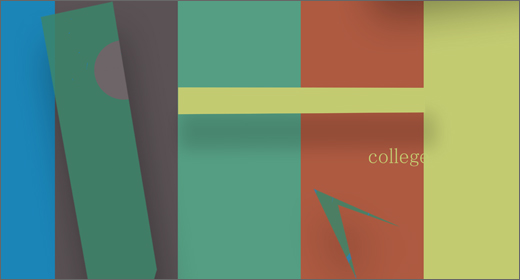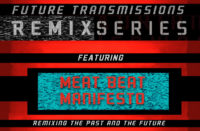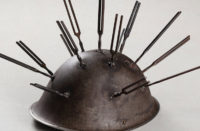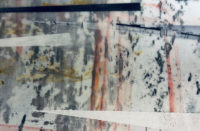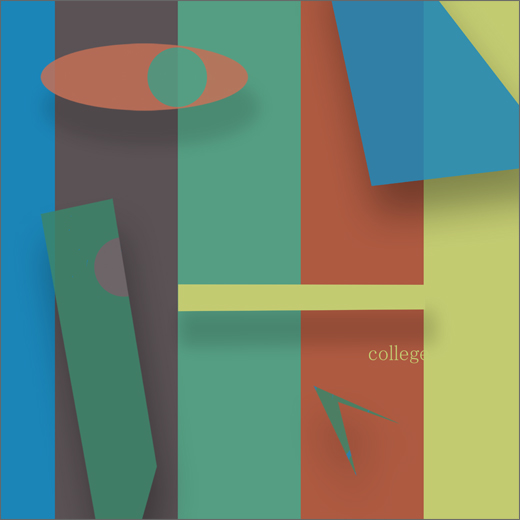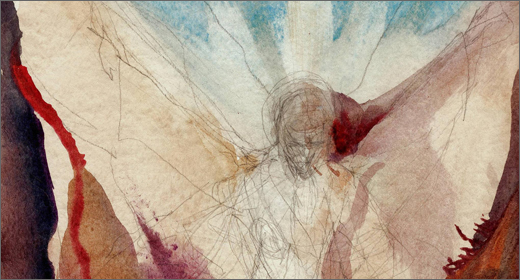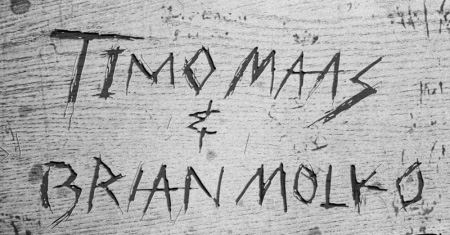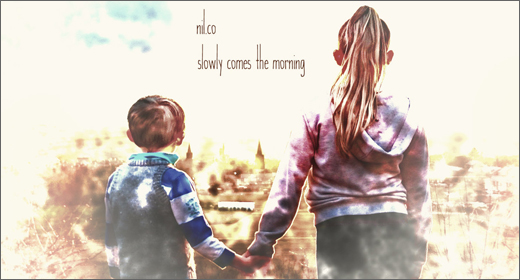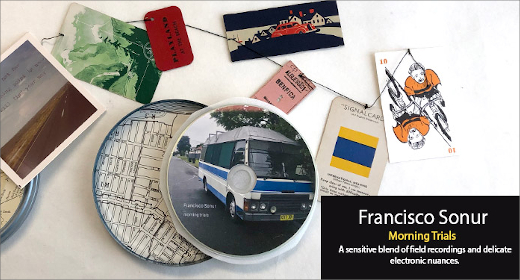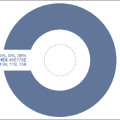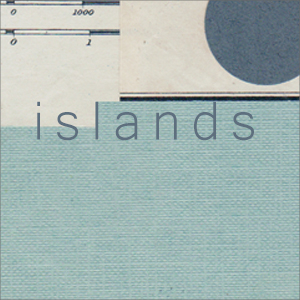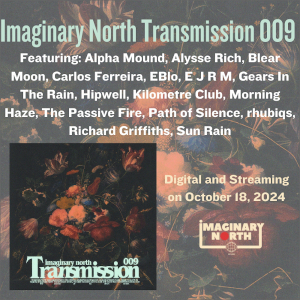An accomplished and exciting EP that does an expert job of retaining a core identity of sitar-inspired and ambient synth keys and tone clusters against a slowed-down and darker almost hip-hop style of drum sampling and tempo. These are big, environmental textures which demand large, cavernous spaces to fill.
This new EP from Houston-based ODAE comes in the wake of last year’s If Things Had Memories, The Stories They’d Tell (Morning Hour). At that time, I was interested in what ODAE was doing with samples and their very close grained and overlapping proximities. With (college), his new release, I see this emerging as a definite and worked-at technique, a product of a particular aesthetic methodology. What seemed experimental for ODAE in 2014 comes off today, with this new listening and work, as something fully formed and articulate. This is what he does; and he does it well.
Across the five, overlapping pieces—they represent a continuous, ongoing aural process rather than discreet ‘tracks’—we’re treated to a rush of varying styles, samples and tempos against a background of granular synths. These are slower and generally more meditative pieces, however, than his earlier work; slow, tumbling and low synths which spread out, oscillating, like water. But with ODAE, there’s always a breaking out into a new environment; the second track splits this synth wave with a sudden, ringing injection which, in turn, falls away to the procession of sitar-edged keys laid against a background of ambient reverb. Eventually, a sequence of jittery beats with fat envelopes and rough edges stir up the keys and displace them, before they emerge again from the echoing, reducing shrapnel of that metallic noise. It’s excellently handled and shows a keen ear to the ways in which tempos and samples can be explored and exploited, albeit slowly.
But if you have moments that echo Boards of Canada and (ghost), then there are—equally—moments which gave me the happy surprise of DJ Shadow’s Endtroducing. That slow synth approach gives way to a dancier, more vibrant use of drum samples and tone clusters in the third track, always cut across with modified voice samples and parcels of field recording. Later, I wondered if the hi-pass filter on some of these beats were geared too high, and we’d lost some of their depth and bass quality. This affected only perhaps a couple of the tracks in the entire EP (Three and Four, more notably, but only in specific sections). It was a passing thought, and nothing more.
Regardless of whatever filter and technical issues may exist around particular sequences, (college)—as a whole, as an entire product—is an accomplished and exciting EP that does an expert job of retaining a core identity of sitar-inspired and ambient synth keys and tone clusters against a slowed-down and darker almost hip-hop style of drum sampling and tempo. It’s what you might call a “bigger” sound, a more generous and evenly distributed exploration of the creative relationships between an entropic ambience and a more energetic, drum-based electronic music. Track Five is a carefully constructed and beautifully layered piece which excels in managing these genre identities. It suggests not only a taming of the samples used, but an excellent command of what sound like MOOG-styled synthesizers with aspects even having a little of that Chris Foss, “big space” imaginary of pulsing synths and oscillators which have a lot of the texture and reality of analogue synths. It gives a note of an older and more “retro” musical and sonic language being played with, giving a little of the silent film scoring done by The New Pollutants for Metropolis (1927) or, alternatively, as if the synth textures of Blade Runner had been pared down and integrated with experimental hip-hop from the late 1990s and early 00s. (college) is an exciting and often interesting work that experiments both with retro samples and analogue-style synths alongside more contemporary drum samples. It will be exciting, also, to see where ODAE takes this methodology in the future, where the sounds are turning toward a “larger” and more performative attitude. These are big, environmental textures which demand large, cavernous spaces to fill.
(college) is available on Morning Hour.






